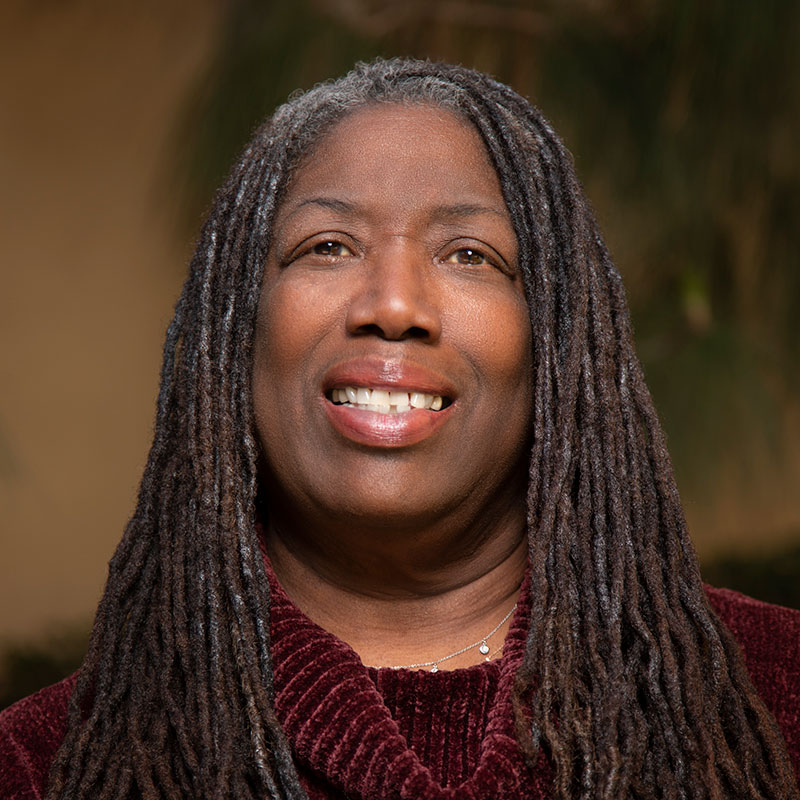Description
This 45-minute webinar will provide parents and caregivers with information on symptoms and behaviors that their children may show that could indicate sexual abuse. Parents and caregivers will learn how to intervene to help their children heal from sexual trauma and feel safe again.
Learning Objectives:
- Identify symptoms and behaviors related to sexual abuse and trauma.
- Develop a caring, non-judgmental approach to help children heal from sexual trauma.
- Integrating self-care approaches in the family to help all members heal from sexual trauma.
Speaker

Brenda Ingram
Keck School of Medicine of USC
Clinical Assistant Professor of Psychiatry and the Behavioral Sciences, Department of Psychiatry and the Behavioral Sciences
Dr. Ingram is a licensed clinical social worker and an educator who has over 30 years working in the trauma, mental health and education fields. Her dissertation focused on the impact of community violence on the academic careers of African American elementary school students. She is the Program Director, Relationship and Sexual Violence Prevention and Services, USC Student Health; Associate Director, USC Counseling and Mental Health Division and Clinical Assistant Professor, Department of Psychiatry and Behavioral Sciences, USC Keck School of Medicine. Dr. Ingram was a lecturer with UCLA and CSU Long Beach Social Work Departments and a full and adjunct faculty member at Pacific Oaks College, Marriage and Family Therapy where she developed their specialization for African American Mental Health. She is on the Advisory Board of the African Communities Public Health Coalition (ACPHC). She is a member of the National Association Social Work (NASW) and Association of Black Social Workers (ABSW). She was the co-chair of the Trauma Informed Los Angeles Steering Committee. Dr. Ingram received her Doctorate of Education from the University of Phoenix, a Masters of Social Work from California State University of Sacramento and a Bachelor of Arts in Psychology from UCLA. She provides consultations, program development, workshops and training on sexual and domestic violence, trauma and trauma-informed care, cultural competence, to various human service agencies, schools, and mental health professionals.
